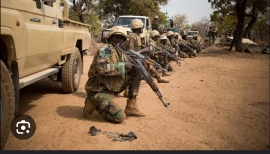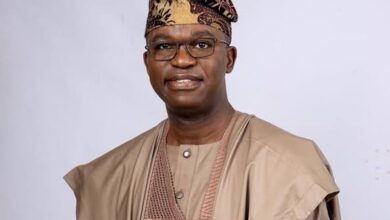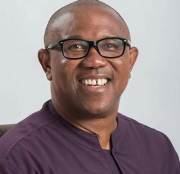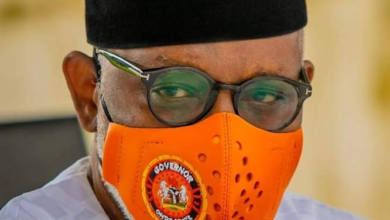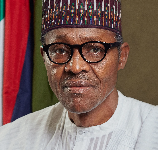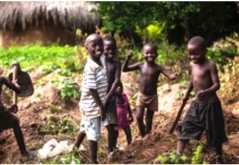
The plight of Nigeria’s children and women: A Glimpse into Northern Nigeria
By Olushola Macaulay
CITIZENS COMPASS —There isn’t doubt that Nigeria, often referred to as the “Giant of Africa.” My country, a nation of striking diversity, rich culture, and abundant resources. However, beneath its surface lies a sobering reality – the plight of my people, particularly Northern Nigeria.
Children and women in this region face numerous challenges that demand urgent attention by the new government.
Education that is seen as a fundamental right, remains elusive for many children in Northern Nigeria. The region has one of the highest rates of out-of-school children in the world, and girls are disproportionately affected. Deep-rooted cultural beliefs, poverty, and insecurity have hindered access to quality education.
Boko Haram, a militant group, continues to further exacerbate the problem by attacking schools, abducting students, and instilling fear in communities. While this continued to garner global attention, countless other children have suffered in silence.
Child marriage continues to plague the northern Nigeria, perpetuating gender inequality and robbing young girls of their childhoods.
In some areas, girls as young as 11 are forced into marriage, which often leads to early pregnancies and complications, contributing to the region’s high maternal mortality rate.
Many prominent people, including the former Emir of Kano, HRH Lamido Sanusi, have said that, child marriage not only limits girls’ access to education and healthcare but also puts them at risk of domestic violence and exploitation.
Empowering girls and women through education and legal reforms is crucial to breaking this cycle. Unfortunately, many highly placed government officials are also webbed and seen getting married to under aged children.
Maternal and Child Health challenges cannot be overlooked. Inadequate healthcare infrastructure, lack of skilled birth attendants, and cultural beliefs often result in preventable maternal and infant deaths.
Access to prenatal care and family planning services remains limited, leaving women with little control over their reproductive health.
Malnutrition is a pressing issue affecting both children and women. The recent poverty rates and food insecurity exacerbate the problem. Poor nutrition during pregnancy leads to stunted growth and cognitive development in children, perpetuating a cycle of poverty.
Addressing malnutrition requires a multi-pronged approach, including improved access to nutritious food, health education, and poverty alleviation programs.
Northern Nigeria has been marred by insecurity for years, primarily due to the activities of Boko Haram and other armed groups. The ongoing violence has led to the displacement of millions of people, particularly women and children. Internally displaced persons (IDPs) often live in squalid conditions, facing limited access to food, clean water, and healthcare.
Addressing these challenges requires concerted effort from the government, civil society, and the international community.
The plight of the Nigerian people, especially in Northern Nigeria, is a complex and multifaceted issue that requires concerted efforts from all stakeholders.
Humanitarian organizations are working tirelessly to provide assistance to IDPs, but a sustainable solution to the conflict is needed to allow these families to return home safely. Priorities should include improving access to education, ending child marriage, enhancing maternal and child healthcare, combating malnutrition, and resolving the conflict in the region.
Empowering women and children should not only be a moral imperative but also a strategic investment in Nigeria’s future. By addressing these issues, Nigeria can unlock the potential of its youth, foster gender equality, and pave the way for a more prosperous and equitable society.
There is no time for blame games any longer. It is time for the new government to shine a spotlight on the plight of Northern Nigeria’s children and women and work collectively to create brighter future for the country.
Olushola Macaulay: Writes from Dallas, Texas, USA

